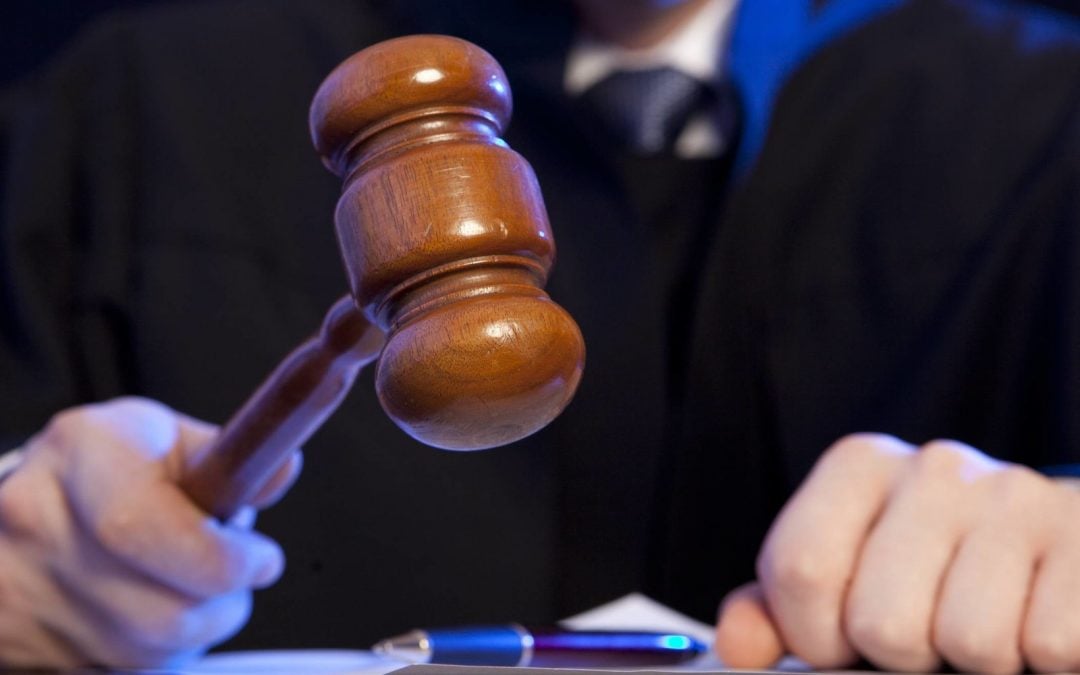Here are two cold, hard, uncomfortable facts about Post Judgment Collection:
1. It’s ultimately up to you to collect your settlement
Despite info to the contrary, the court or judge is not going to help collect your settlement. You can make legal maneuvers to try and encourage the other party to pay up, but in the end any Post Judgment Collection matter is all yours. In some ways, the trial court’s role stops at the judgment.
If the other party is flat-out hiding or simply refusing to pay, you’ll need to come up with a legal, practical plan. And trust us: Making physical threats, leaving nasty phone messages or stalking the other party, despite how good it might make you feel inside, will not look good in the eyes of the law – or law enforcement.
2. You might need a different type of structure
We’ve all heard about people being ordered to pay out millions to settle a lawsuit. Unless the person is wealthy, these stories show that what the court deems a realistic settlement doesn’t always line up with what the defendant actually has. Sometimes the defendant is “judgement-proof”, that is, they are pleading poverty (real or not), or just doesn’t have the money to pay the settlement as it is structured. Here’s what you can do about that:
• Garnish the defendant’s wages (in many states, 25% is the maximum amount allowed)
• Garnish the defendant’s bank accounts
• Seize assets
Especially in cases of small businesses lawsuits, one can collect computers, equipment, machinery and other items to sell.
If the defendant needs more time or smaller payments to pay down your settlement, it’s not ideal. But let an attorney with specific knowledge of handling Post Judgment Collections help you renegotiate. Remember: It’s in your interest to be flexible. If you’re too rigid, the other side can file for Chapter 7 bankruptcy. And good luck collecting after that.
Whatever path you choose: Dispute Resolution, Business Litigation or Post Judgment Collection, you’re going to need an attorney to help get your settlement. You have a far better chance to collect what you’re owed when you have an attorney on your side, whether they’re tracking down assets or negotiating with the other party.
